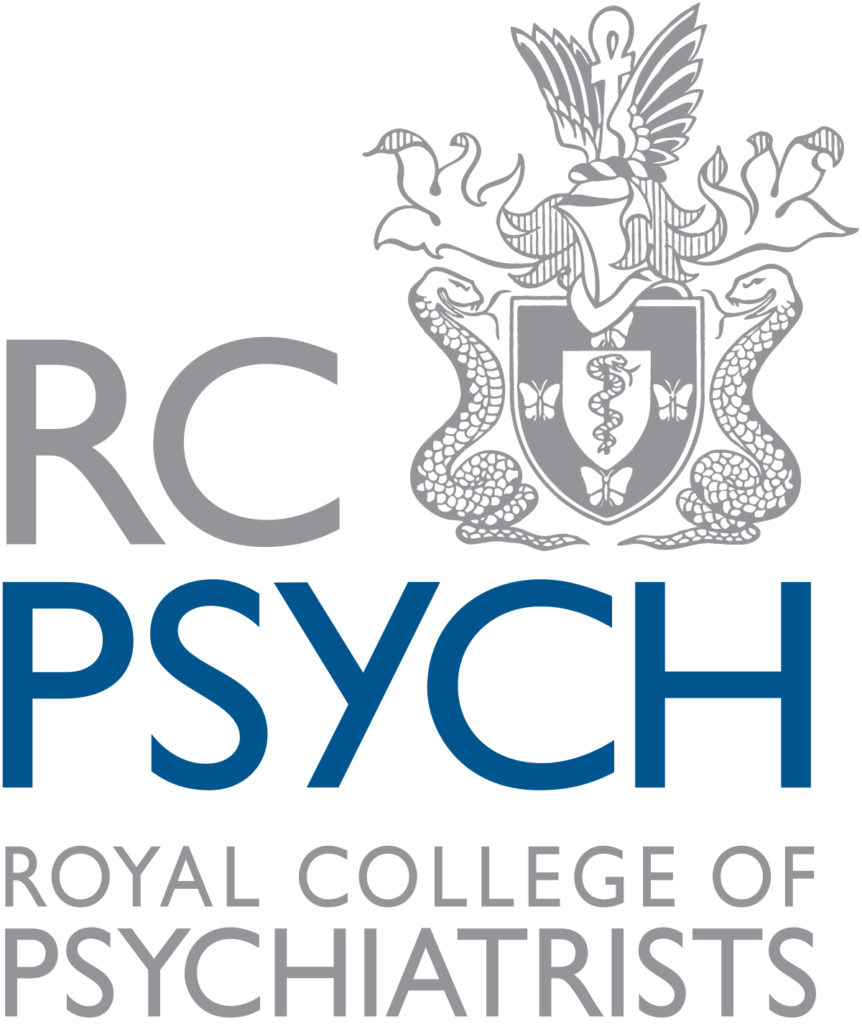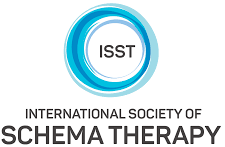
We should all be paying more attention to our habits and patterns and the alcohol we’re consuming.
By mental health advocate Sabine NLD Bittle
It’s a pretty healthy question to ask. We should all be paying more attention to our habits and patterns and the alcohol we’re consuming. Because the first step towards healing is an awareness that there might be something that needs healing. If we name it, we can work with it. So if you think either you or someone you love may be drinking too much alcohol, please read on.
But first, a word of love
Please don’t beat yourself up if you’ve tried to stop drinking and you just couldn’t do it. This is not a matter of willpower. Alcohol use disorder (which you might know as the informal term ‘alcoholism’) is a medical condition. It’s a brain disorder, a complex interconnection of biological, psychological, and socio-environmental factors. So when someone has alcohol use disorder (AUD), they don’t need punishment … they need treatment.
What is drinking too much doing to my body?
Essentially, alcohol is a waste product that your body is trying to get rid of. Even those artfully colored cocktails, those ‘nice’ cold beers, that one glass of wine. Alcohol is a toxin. And if it can be used to sterilize needles, what is it doing inside our bodies? Once alcohol hits the bloodstream, it spreads to all parts of our bodies, so maybe the better question would be ‘What isn’t it doing to our bodies’?
Alcohol abuse affects so much: the immune system, the skeletal, reproductive, circulatory, digestive, excretory, and central nervous systems. It’s linked with cancer of the mouth and throat, the voice box, the esophagus, liver, breast, colon, and rectum.
The more we drink, the more we’re at risk. Alcohol abuse also increases the risk of diseases like pneumonia, tuberculosis, osteoporosis, cirrhosis, hepatitis, and dementia. It can lead to strokes, heart attacks, infertility, erectile dysfunction, internal bleeding, and brain damage.
And that’s not even all of it!
What is drinking too much doing to my mental health?
It’s probably time to stop thinking of hangovers as only about the way we’re feeling physically. If we made ourselves more aware of our emotional bodies, I think we’d have a more holistic understanding of how long the effects of alcohol linger within us.
Because alcohol affects the neurotransmitters in our brains, drinking can induce depression and anxiety. Depression and alcohol are so often intertwined, each one making the other worse. And for those of us with other mental health diagnoses like bipolar disorder, alcohol abuse often just makes that worse too. It also complicates the process of getting the right diagnosis for many psychiatric disorders.
What is drinking too much doing to my relationships?
Bring too much alcohol into a partnership or a friendship and things can go pretty sideways. There could be arguments, loss of trust and respect, less affection, and more disappointment. There could be instability, infidelity, violence, and even abuse.
In friendships, there could be a tendency to push away those who care the most. And for parents and caregivers, it’s the children who often pick up the blame for everything wrong and place it on their young shoulders.
So how do you diagnose alcohol abuse disorder?
Not everyone fully owns their drinking when they’re sitting in front of their doctor, so AUD can often be misdiagnosed as something else. For some of us, it might be more comfortable to start with an online screening tool. AUDIT (Alcohol Use Disorders Identification Test) developed by the World Health Organization is free and so widely used that it’s available in 40 languages.
With just 10 questions, AUDIT is a quick and interactive self-test. Looking at your patterns over the past year, you can expect questions like how often you can’t stop drinking once you start, how often you’ve failed normal expectations because of drinking, and how often you feel guilt or remorse after drinking.
Your answers prompt a scored assessment with some warm-hearted advice and a way forward. When you’re ready to talk, your mental health practitioner will probably refer to the latest Diagnostic and Statistical Manual of Mental Disorders (DSM-5), published by the American Psychiatric Association, which contains 11 diagnostic criteria for AUD and defines three levels of AUD (mild, moderate, and severe).
And whatever the diagnosis is, remember that this is a chance for healing.
Treatment options include medication, counseling, talk therapy, Cognitive Behavioural Therapy, 12-step facilitation, and Schema Therapy, which helps people work through and release negative patterns and behaviors. There are also the ever-present support groups like Alcoholics Anonymous (AA).
Whatever you do, just don’t give up. Keep searching until you find something that works for you. I believe it’s out there.
Sabine NLD Bittle is a mental health advocate, writer, and published ghostwriter obsessed with the story of who we are … and who we could be.
Article reviewed by Dr Steven Joseph, MBBS, MRCGP, MRCP
If you’re at a loss as to where to start, Dr Steven Joseph from English Doctor Barcelona can help you. He offers Schema Therapy to help you overcome obstacles and reach your full potential. Contact English Doctor Barcelona to book your appointment: Phone / WhatsApp: +34 699 556 326
Email: info@englishdoctorbarcelona.com
Content is for informational and educational purposes only. Our website is not intended to be a substitute for professional medical advice, diagnosis, or treatment.













